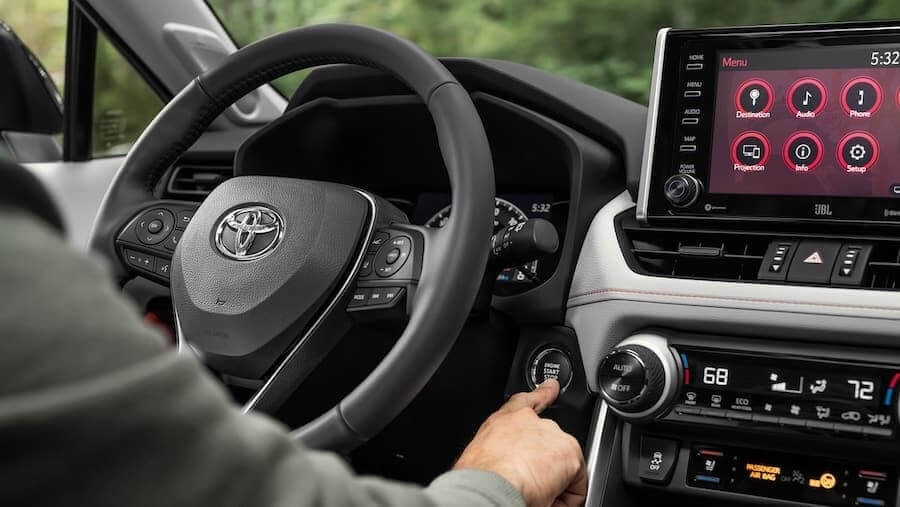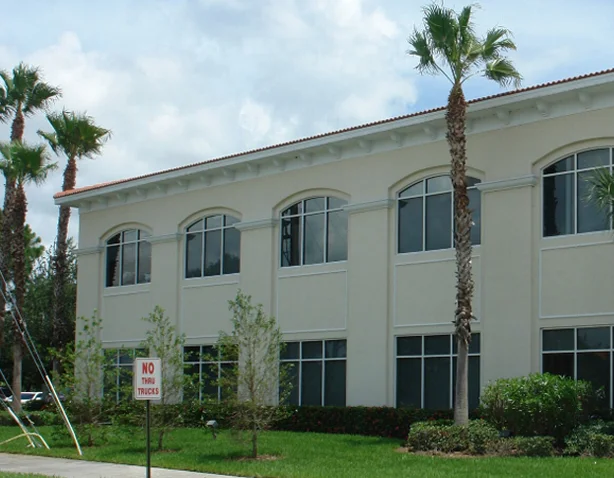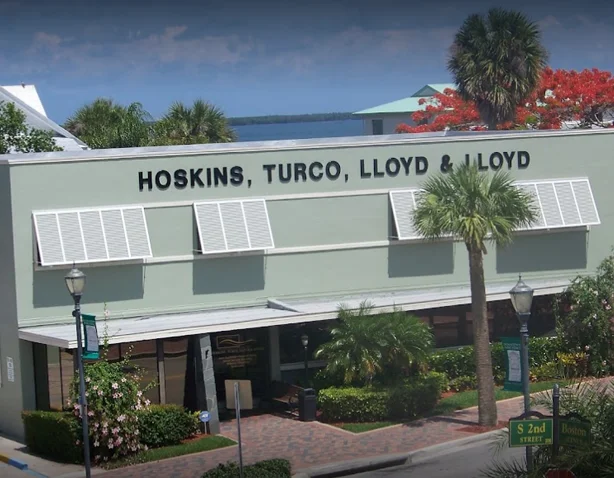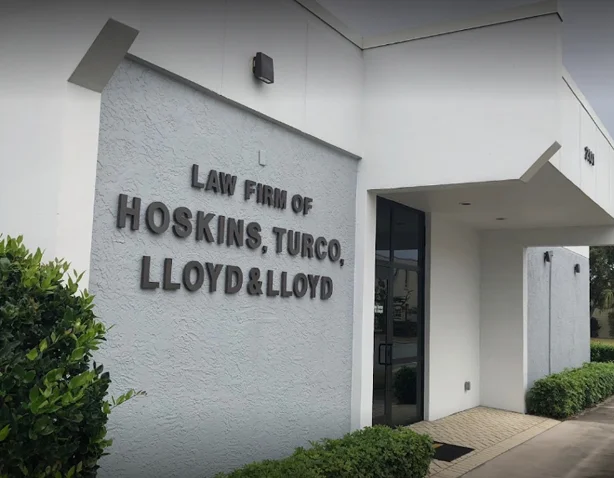New Year’s Eve is just around the corner. For many people on the Treasure Coast, the holiday is a time
Safe Driving Posted on Nov 12, 2020

In a report prepared by the New York Times, dozens of people have died or been seriously injured by carbon monoxide emitted from vehicles with keyless ignitions.
Keyless ignitions are standard features on most new vehicles today. In fact, automakers have stated that they plan to phase out traditional keys in the next few years. Currently, tens of millions of vehicles have keyless ignitions.
With this feature, drivers use a wireless key fob to lock, unlock and start their vehicles. While convenient, keyless ignitions open the door to the possibility of exiting the vehicle with the key fob without turning the vehicle off. If a driver leaves a vehicle running in a garage, the vehicle could emit enough carbon monoxide — which doesn’t have a color or scent — to kill the driver if the driver’s home is connected to its garage.
This is especially true with quiet, hybrid cars. The engine might not be running when the car is first parked, but will come on later as the car’s batteries run down. Even many non-hybrid cars today have extremely quiet engines, the sound of which can be virtually undetectable when the car is parked.
To help prevent carbon monoxide-related accidents, some automakers, like Toyota, are adding audible notifications to alert drivers to vehicles still running. Others, such as General Motors, have designed their cars to automatically shut off after a certain period of time once the driver has left the vehicle.
However, these new safety features have only been recently added by automakers, which means tens of millions of drivers with older vehicles will have to be diligent about ensuring their vehicles are turned off before parking in a garage.
The best way to protect yourself from carbon monoxide accidents is attentiveness. Reports indicate that the majority of deaths and injuries caused by keyless ignitions and carbon monoxide poisoning were attributed to distraction. For example, in several cases, the drivers were on the phone while exiting the car and forgot to push the car off.
Reports also show that many drivers keep their wireless key fobs in their purses or pockets. By doing this, drivers no longer have to physically “remove” their keys from the ignition to exit the vehicle.
Here are three safety tips to help protect yourself and your family from carbon monoxide accidents.
Hoskins, Turco, Lloyd & Lloyd is a law firm with deep roots in the Treasure Coast community. For over four decades, our Treasure Coast personal injury lawyers have helped thousands of injured victims and their families recover from serious accidents in St. Lucie County, Indian River County and Okeechobee County.
Led by Board Certified Civil Trial Attorney and National Top 100 Trial Attorney Steve Hoskins, our firm has obtained over $500 million in settlements and verdicts for our clients. We have the expertise and experience you need to take on insurance companies in the courtroom. We understand how serious accidents can upend your life and have long-term consequences. That’s why we fight for our clients, ensuring they receive the physical, emotional and financial support they need to heal, recover, and move forward.
We offer FREE, no-obligation consultations to all potential clients. And, you don’t have to pay for anything unless we secure a financial settlement for you. Call 866-930-6435 now to schedule your complimentary meeting with one of our Treasure Coast personal injury lawyers.
Our Treasure Coast personal injury lawyers are available 24/7 to provide the answers and help you deserve when you need it most. We have four convenient office locations in Port St. Lucie, Fort Pierce, Vero Beach, and Okeechobee, but if you can’t come to us, you can get the protection you need and hire us electronically from home. We can then start working on your case in minutes.
Call 866-930-6435 to learn more.
New Year’s Eve is just around the corner. For many people on the Treasure Coast, the holiday is a time
South Florida is currently experiencing one of the highest rates of inflation in the country. According to the U.S. Bureau
Temporarily cancelling or reducing your car insurance could significantly impact your financial future. Consider these 5 factors before making the decision.

Phone: (772) 344-7770
Fax: (772) 344-3838

Phone: (772) 464-4600
Fax: (772) 465-4747

Phone: (772) 577-7551
Fax: (772) 794-7773

Phone: (863) 357-5800
Fax: (863) 763-2237
Get the answers you need. We’ll review your case today, for free.
"*" indicates required fields